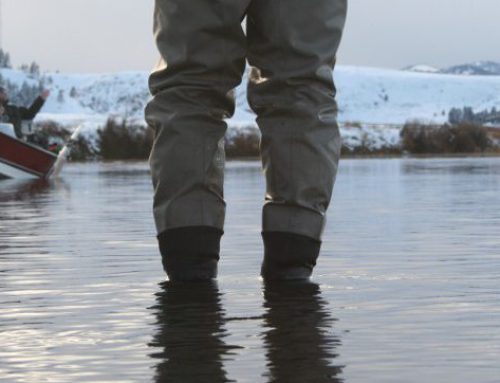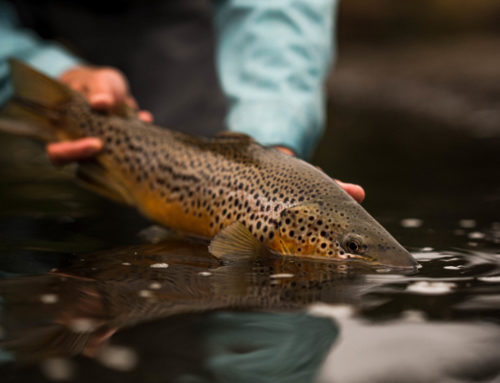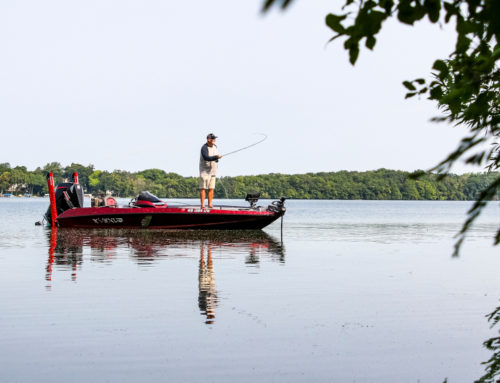As fly anglers, most of us have the same general pre-outing routine. We park, rig up, throw on our waders and hit the water. However, there are a few things you should do after spending a day trying to out-smart fish and you just might find they make the next outing a lot better. From onWater’s Will Moore, here’s how he passes the time Après-Fishing.
Food and Drink
I almost always chow down right after fishing. Hours of hiking and wading can be exhausting and the human body needs fuel. In the midst of a thrilling and productive day, I often forget how hungry I become. Water and granola bars can do the job out in the sticks, but as soon as I hop back into the car I’m usually craving a full meal. Keeping sandwiches and snacks in a cooler is always a good idea, but if you’re still hungry, grab some burgers or beer somewhere near the water. It’s a great way to support local businesses and your body will thank you.
Stretch
Anglers are athletes! Don’t be embarrassed – take a few minutes to work out the kinks before you sit in the car for hours. The last thing you want is for a leg cramp to strike in traffic. Trust me, it’s the worst. If you’ve had a particularly long day or took a tumble, ice and Advil are your new best friends. If your muscles are sore, grab some electrolytes and potassium. You may not want to take that banana on the boat, but it will help the shoulders after a day of rowing.
Gear Maintenance
Boring, I know. But it is crucial to prolong your gear’s life, and future you will be very appreciative. The fact is if you don’t keep your gear as clean and dry as possible after you’re off the water, it will eventually let you down. Rusty hooks, dirty reels, and damaged leaders are no fun at all, and they will cost you fish sooner or later.
Waders and boots are crucial to maintain as well, especially if you want them to last more than a few years. Scrub them with soap and water, and watch your boot soles. Invasive species are known to cling to dirty wading boots, so pay a bit more attention to getting them clean. Felt soled boots are now illegal in many states due to this, so it may be time to consider switching to an alternative.
Visit a Fly Shop
Hitting up a fly shop is another great way to support the local economy and sink deeper into the fly fishing lifestyle. No one knows a particular river better than a fly shop owner who has built their business on its banks, and they love chatting with their patrons. Customers can also be a fly shop’s eyes and ears on a river. By sharing what you saw, you can help a shop write fishing reports and provide useful advice to other anglers who may stop by.
Write
Take some notes in your phone or journal of what you saw and experienced while you were out. What techniques worked or failed? Did the weather cooperate? How many flies did you lose? Which species ended up in your net? Writing and reflecting will make you more a mindful angler and will (hopefully) prevent repeat mistakes. The practice of journaling is also valuable in and of itself. We have a unique perspective on the outdoors through fly fishing, and recording your thoughts can make the everyday outing seem extraordinary.
Too often we get caught up in the race of getting on the water, and onto fish as fast as possible. We work ourselves up, spend all our energy, and plop right in the car. The bad news is we’re missing out on becoming better anglers. So next time you get off the water, spend a little time on your body, your gear, and your mind. You’ll have a whole new appreciation for the next time out.
Learn an old school style of fishing and check out Will Moore’s latest blog on Fishing Wetflies.
Learn how to get the most out of onWater and check out our user guide.




